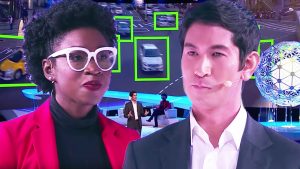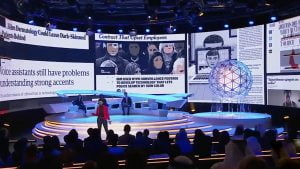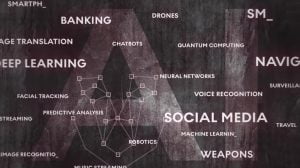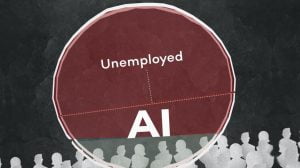
Introduction
Robots and artificial intelligence aren’t just rising — they’re here, reshaping our digital landscape. AI is revolutionizing highways, hospitals and homes, from driverless cars to automated medical devices and delivery drones. The rewards are promising, but at what cost? And who’s left out?
The risks and unintended consequences of AI are not evenly distributed or transparently regulated: data breaches, identify theft, job loss, widening wealth inequality and human rights violations that challenge top programmers and policymakers to search for safeguards. But AI also promises to cure diseases, improve climate science and save more lives.
Is AI worth the risk? Is the revolution even containable? Could we pull the brakes if we tried?
Artificial Intelligence
Framing the debate
Who stands to gain the most, who loses the most, who welcomes AI the most, and who fears its consequences most acutely are the questions driving the debate among four AI experts, including Nick Bostrom, the Swedish philosopher. Bostrom cautions that AI’s short-term benefits conceal lethal long-term risks: It could destroy humanity. Kenyan data scientist Muthoni Wanyoike argues for optimism, saying that AI will improve equality among nations. British author Dex Torricke-Barton welcomes AI but warned about slow-to-adapt governments and lawmakers. And Joy Buolamwini, a Ghanaian American computer scientist, calls for public oversight to reduce AI’s built-in bias.





















